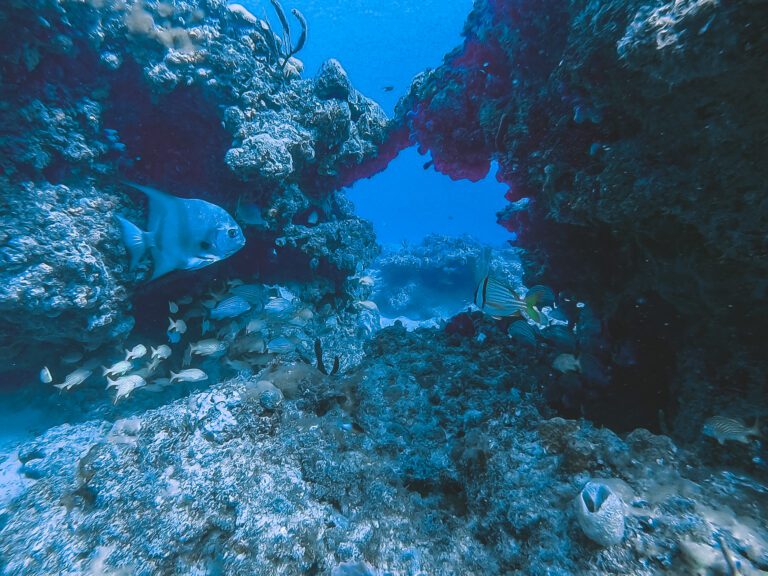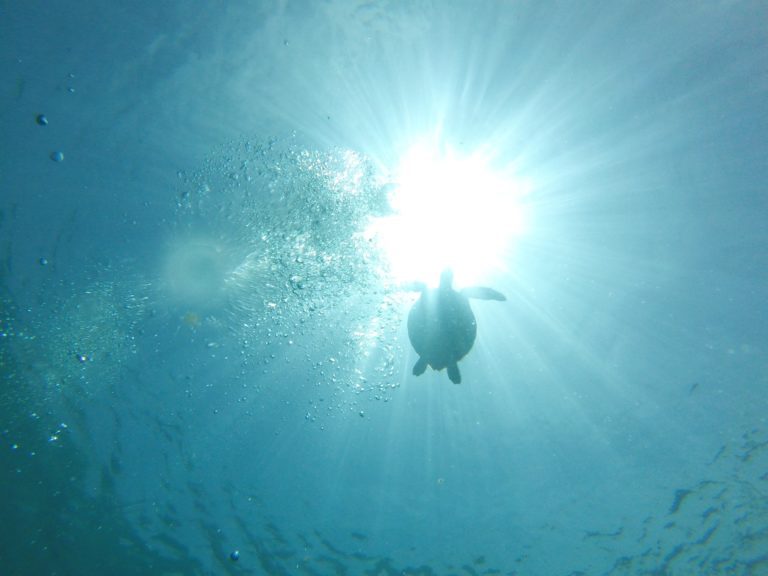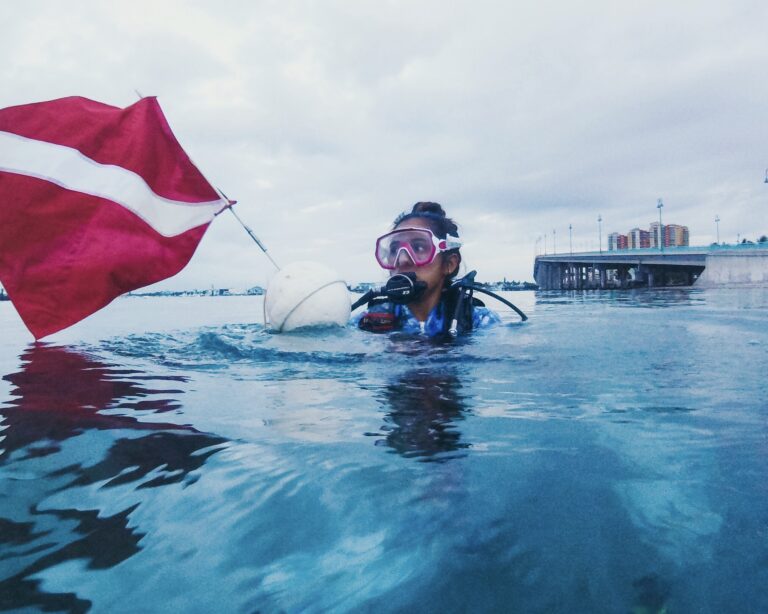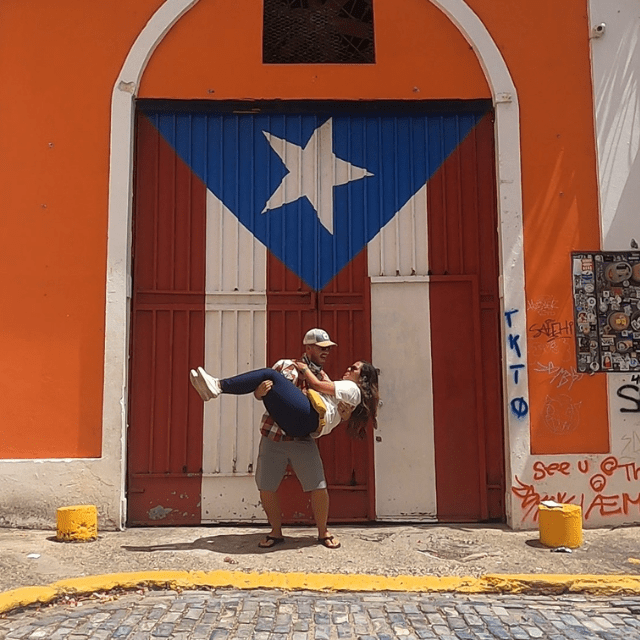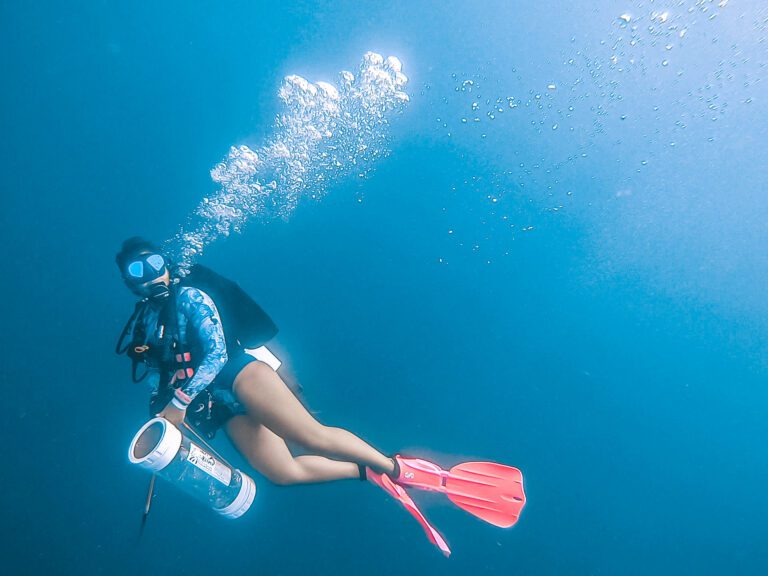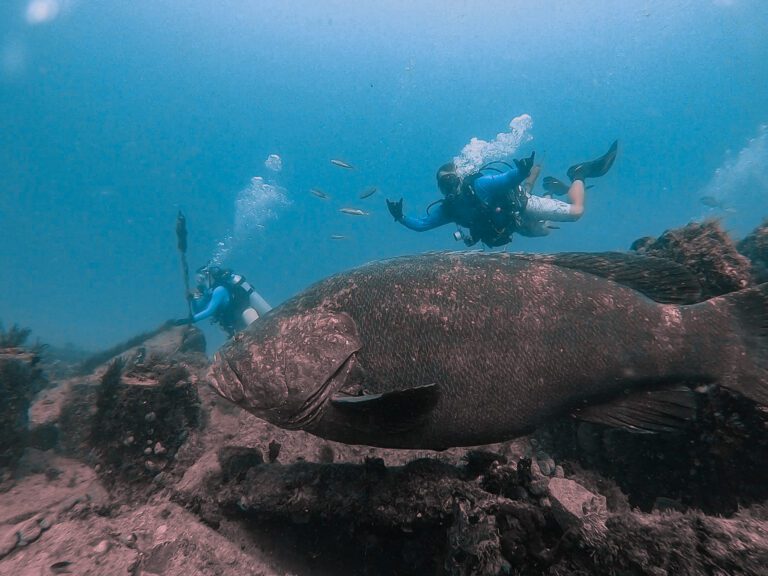How to Find Cheap Stay for Dive Travel
Finding a place to stay is one of the more difficult, and pricier, aspects of dive travel. However, no need to pay for expensive hotels anymore with these resources on how to find cheap stay for your next dive trip.
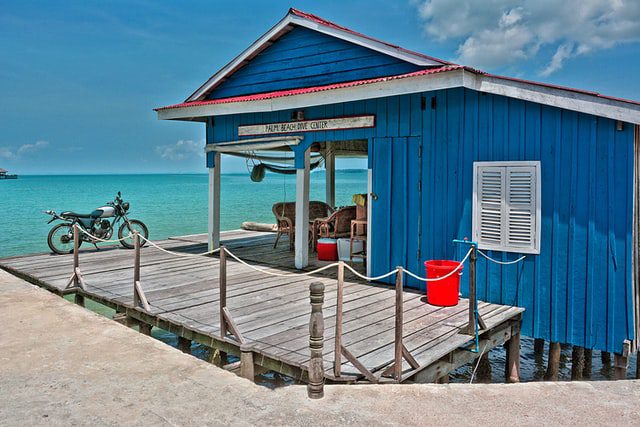
Diving can be expensive. Finding a place to stay during your next dive trip can be even more expensive.
Conventional wisdom tells you to stay in pricey hotels – spending hundreds, if not thousands of dollars while staying in dive-worthy destinations.
But in today’s day and age, that simply doesn’t need to be the case.
With so much technology at our disposal, finding affordable accommodation for your next dive trip is easier than you ever thought possible.
So pack your gear – this is how to find cheap stay while traveling for diving!
Best Cheap Accommodation for Dive Travel
- Budget Backpacker Hostels
- Short-term Vacation Rentals
- Local Guesthouses
- Volunteer / Work Exchanges
- Camping
- CouchSurfing
- Internships
- Overnight Transportation
- Public Places
- Hotels
1. Budget Backpacker Hostels
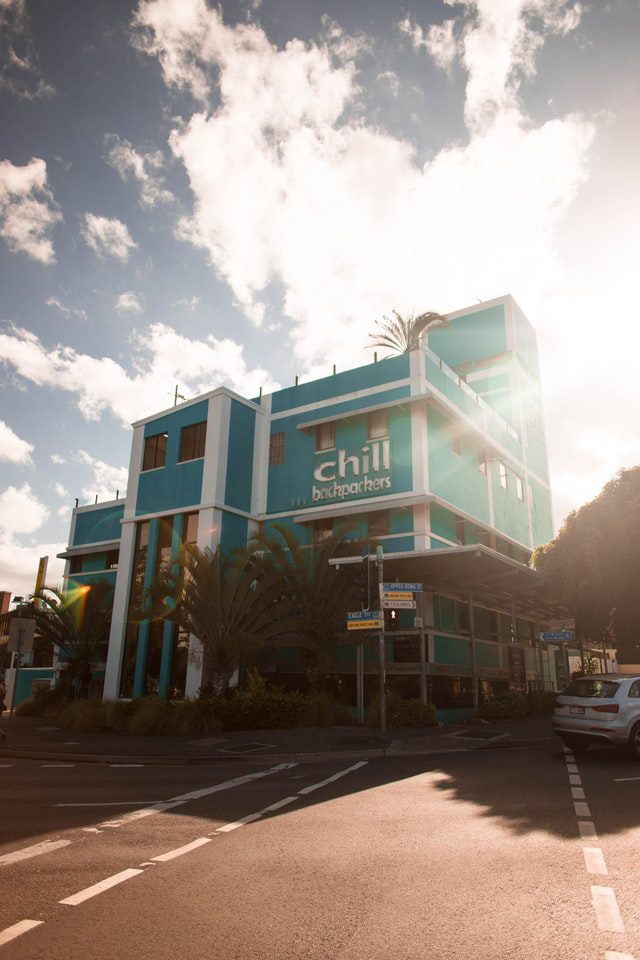
COST: $5 – $30 per night.
Staying in budget-friendly backpacker hostels is my favorite mode of stay while traveling. Rooms and bathrooms are usually shared by multiple people which keeps rent low. Lockers are typically provided and some hostels even have privacy curtains strung up along your mattress or bunk bed.
How many people per room is entirely dependent on the hostel, the location and how much you’re willing to pay. An average room has between 4 – 10 people in it with some hostels approaching 20. A light breakfast (bread and cereal) is typically included in the price.
As for diving, some hostels in dive-worthy destinations, like Cozumel, specialize in a stay and play combo. The hostel is affiliated with a dive shop and divers stay for cheap after they dive with the shop!
Backpacker Hostel Tips
- Ear plugs, headphones, and an eye mask help with late-night noise or a neighbor who snores.
- Hostelworld is the best search engine to find quality hostels.
- Never stay somewhere without a locker for your belongings (dive equipment is expensive, after all).
- Certain hostels have certain reputations. Some are known as the “party” hostel, for example. Know before you go by checking reviews on Hostelworld to find one that fits your personality.
If you’ve never stayed in a hostel before and you’re nervous, we get it. Because we’ve been there before too. It’s intimidating to enter a room with a handful of strangers.
However, the vast majority of the time the people staying in hostels are friendly and sociable. In fact, that’s exactly what makes staying in hostels so awesome: the people you meet and the social aspect around it all!
2. Short-Term Vacation Rentals
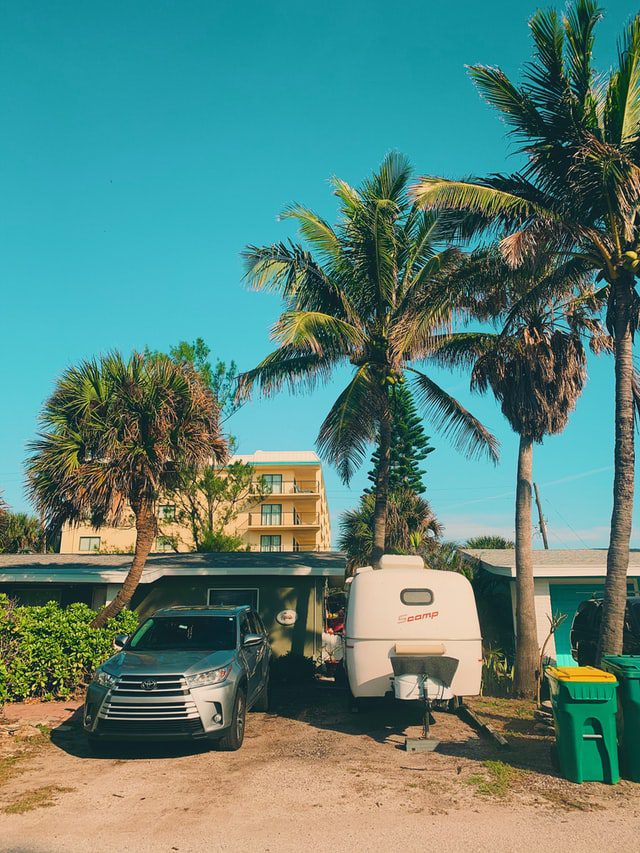
COST: $10 – $100 per night
If you’ve had enough of the shared space, it may be time to move on to something a little more private. Short-term vacation rentals are a great way to stay in dive-worthy destinations with more privacy.
New apps, like Airbnb and VRBO, feature private apartments, spare rooms, guesthouses, villas, tiki huts, backyard campsites, and even boats to stay on. The uniqueness is limitless.
The best part? They’re usually considerably cheaper than your standard hotel or resort.
Vacation Rental Tips
- Take the reviews seriously. A history of good reviews tends to bode well.
- Research the location, things to do nearby, and modes of transportation to get to your desired destination while you stay.
- Airbnb is the best site to book short-term vacation rentals.
- VRBO is another great site to book affordable vacation rentals.
- A short-term rental turned into long-term rental can be negotiated for a cheaper price.
3. Local Guesthouses
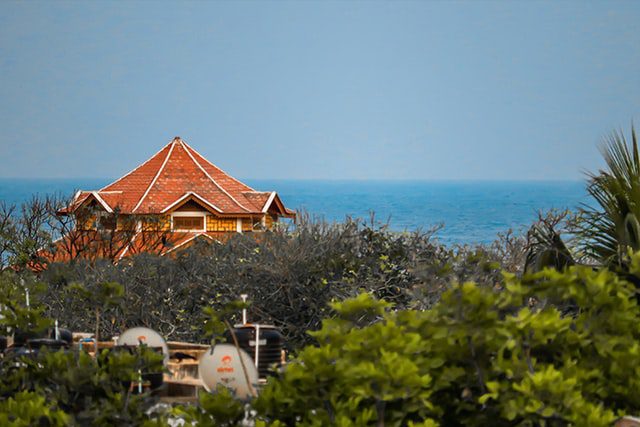
COST: $20 – $100
More than a hostel but less than a hotel in both amenities and price. Meaning, that for a slightly larger fee, you’ll have your own private room, but the amenities may not be on par with your typical hotel.
It’s a simple and cheap way to get some privacy on a night’s stay when hostels aren’t available and hotels are too expensive.
Guesthouse Tips
- A secure door, windows, a safe, or a locker is essential.
- Booking.com has the most extensive library of affordable guesthouses to choose from.
Whether you stay in a hostel or a guesthouse is entirely dependent on how you’re feeling. If you want some social interaction, stay in a hostel. If you’re seeking more privacy, a guesthouse may be the way to go.
4. Volunteer / Work Exchanges
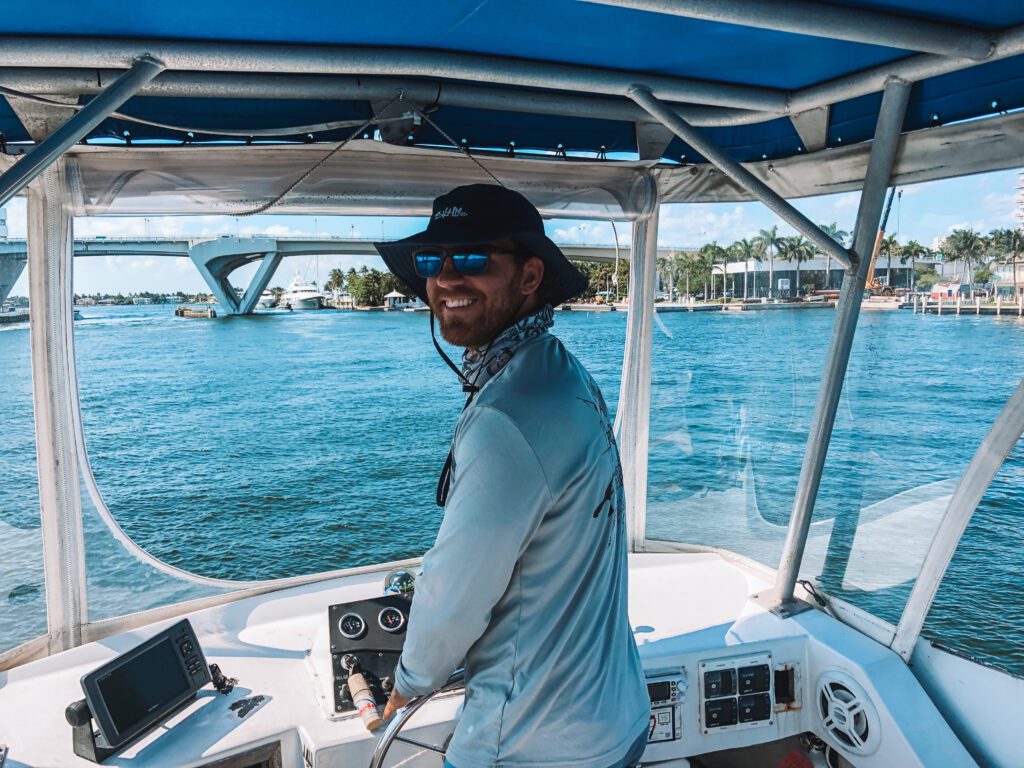
COST: Possibly free!
“Will work for stay” might as well be the slogan for these programs. Instead of paying, why not work? Programs like this exist all over the world and provide travelers with an expense-free place to stay.
Additionally, a volunteer/work exchange goes beyond just a cheap place to stay. It’s a great way to experience local culture, meet interesting people, or help a good cause.
Volunteer / Work Exchanges Tips
- Check if you’ll be fed and how many hours of work you’ll need.
- tip
- WWOOF and WorkAway are the top sites to get plugged into a quality work exchange program.
I was a bartender for 3 weeks in Mission Beach, Australia working for a free stay. Laura worked at a farm in Ireland for a month to get a roof over her head. Both were fantastic experiences we’d do over and over again.
5. Primitive Camping and Campgrounds
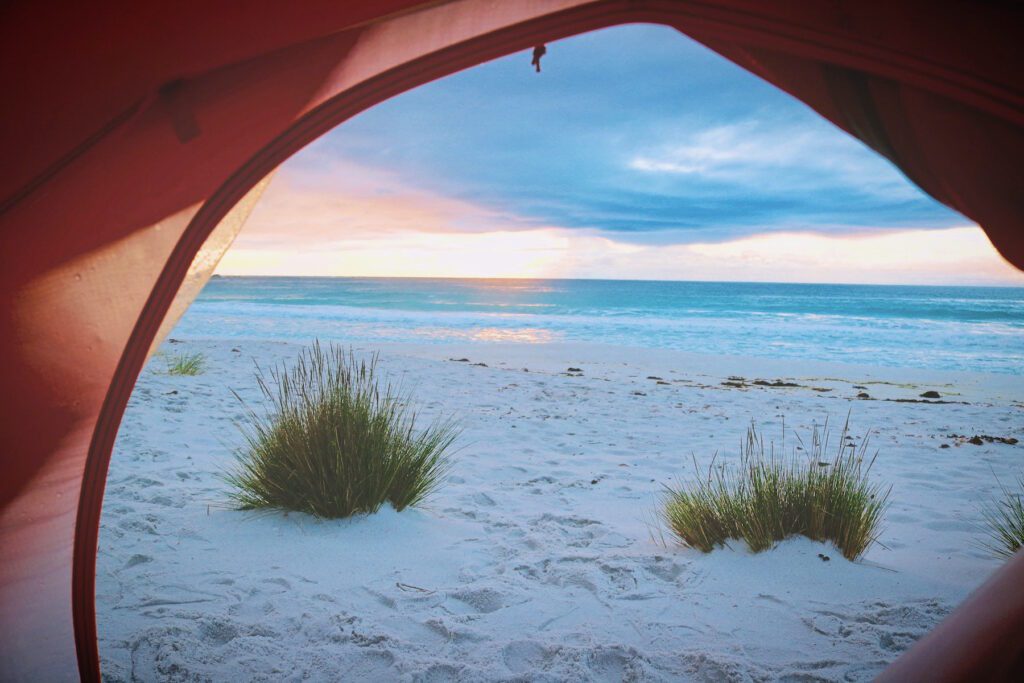
COST: Free to $25
Outside of hostels, this is my second favorite method of staying while traveling.
Admittedly, this is a bit tough if you’re hauling scuba gear around. But if you’re not, and you’re renting gear while diving, packing along a small tent or a hammock for camping is a smart idea.
In most destinations, you can find a few trees and sleep for free. In more touristy locations, a small fee may be required. Either way, camping while traveling and diving is a great way to save some money.
Camping and Campground Tips
- Ensure you have a water source nearby
- Stick to public lands, national parks, and other legal locations.
- Some hostels and vacation rentals have designated camping spaces. Be sure to check those out to save a buck
- Maps.Me is a useful app/ website to find hidden campsites around the world.
I saved a ton of money while traveling and diving in Australia by camping in my hammock along the coastline. It’s a way to immerse yourself deeper into nature while saving a few bucks!
READ MORE: A Guide to Beach Camping Gear
6. CouchSurfing With Strangers

COST: Free!
CouchSurfing, as its name would suggest, is the act of bouncing from couch to couch while traveling. CouchSurfing.com is a worldwide community promoting just that!
Users of the website post a spare bedroom or living room couch for weary travelers to crash on. Why? To meet interesting people, of course! It’s a great way to stay with a local while immersing yourself in their culture.
CouchSurfing Tips
- Trust is key for someone to approve your request of staying with them – make your profile personable.
- Send out personalized messages when requesting, and do it well in advance.
- CouchSurfing.com also organizes meetups – this is a great way to get started in the community.
My diving trip into the Cenotes of Mexico was actually coordinated by someone I met on CouchSurfing!
7. Divemaster / Instructor Internships
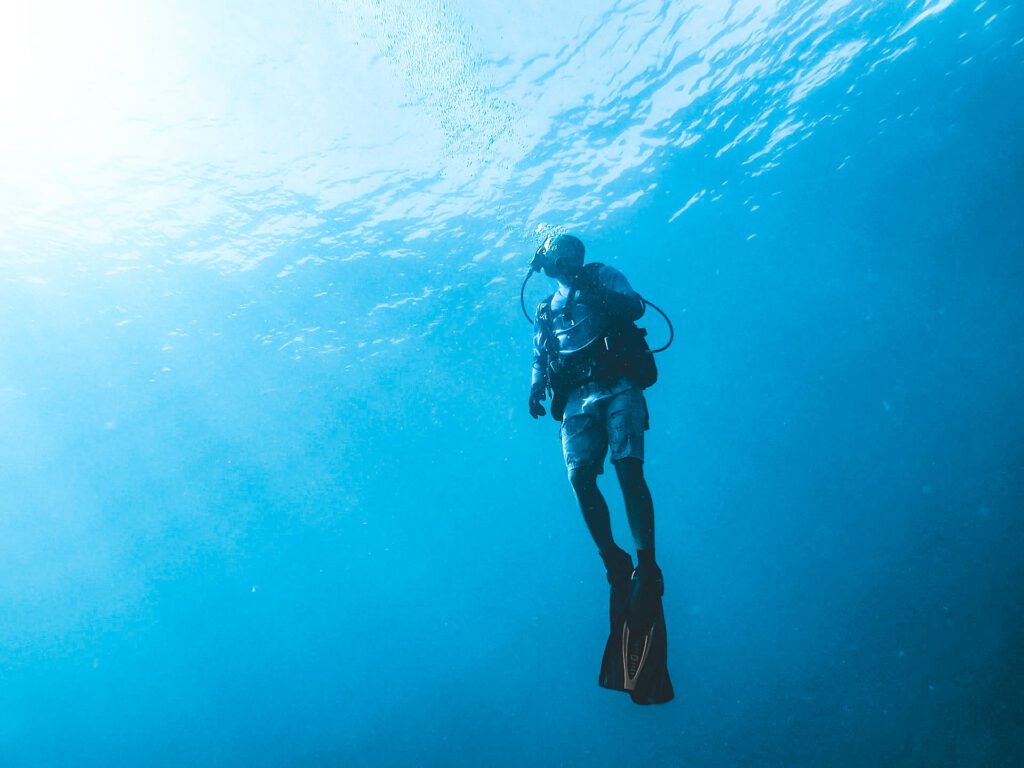
COST: Free – Cost of Living/Classes
A great way to dive and travel is to do an internship as a Divemaster or Instructor. Many dive shops will offer a work exchange of sorts. They’ll pay for your Divemaster/ Instructor classes if you agree to work for them for a designated period of time.
These types of programs vary greatly. Some charge for the classes. Some don’t. While some are just looking for some cheap (or free) labor to use and abuse you. Do your research before committing to any internships.
Internship Tips
- Consider location, dive shop, and associated fees.
- Paying course fees may be worth it in some cases.
- Honduras, Costa Rica, Cozumel, Bali, and Thailand are all popular destinations to do a Divemaster or Instructor internship.
I did my Divemaster Internship with the Boy Scouts of America in the Florida Keys. I worked for them for a season and they provided course fees, food, and accommodation. It was an amazing experience that I’d recommend to anyone. Consider doing the same here.
8. Overnight Transportation

COST: Cost of a ticket
If you need to get from point A to point B, why not do it overnight? Taking red-eye flights, midnight bus routes, or overnight train rides are all ways to save A LOT of money while traveling.
Sure, it can be a little uncomfortable trying to get some shut-eye on a bus, train, or plane, but with a little practice, you’ll be sleeping like a baby in no time.
Overnight Transportation Tips
- Secure your belongings to yourself.
- Bring an eye mask, ear plugs, and something warm! Buses and planes can get cold!
- Skyscanner and BusBud are two useful resources to plan overnight transit on planes and buses, respectively.
I spent a total of 8 nights or so over the span of two months doing overnight transportation in Australia. It saved me $100s, which was better spent on diving the Great Barrier Reef!
9. Sleeping in Public Places

COST: Free
Again, this one takes some getting used to, but it can save you LOTS of money. Why pay for a hotel room only to leave it at 2 AM to make your 6 AM flight? Why not just stay in the airport?
That’s my thought process at least. As long as you don’t look homeless, no one is going to bother you!
Sleeping in Public Tips
- Similar to overnight transit, secure your belongings to you.
- Look presentable and relatively clean.
- Find a quiet, low-traffic corner of an airport or bus terminal.
- Have toiletries on hand to brush your teeth and wash your face, at the very least.
- Bring something warm!
I can’t keep track of how many airports I’ve slept in. All I know is that it’s probably saved me close to a $1000.
10. Hotels

COST: $80 +
And when all else fails and you just want to stay in a little bit of luxury for a bit, it’s worth it to book a hotel room from time to time.
Obviously, it’s a bit more costly but after sharing rooms, sleeping on airport floors, and rattling around for a night on a bus, it may be time for some R&R in your very own hotel room.
Hotel Tips
- Booking.com is the best website to compare hotel rates around the globe.
- Location, location, location!
If I’m feeling absolutely exhausted, I’ll bite the bullet on the cost of a hotel room for a night. It’s a great way to recharge that may be well worth the cost to regain your sanity.
Affordable Dive Travel!
It’s one thing knowing how to find a cheap stay, it’s another to make every other aspect of your trip affordable! Check out these resources to give yourself a helping hand:
Travel Planning Resources for Dive Travel
Book Your Flight: Book cheap flights on Skyscanner, one of the best tools for finding good deals.
Rent a Car: Discover Cars compares prices all over the globe – finding you the best deal on a car rental.
Catch a Bus: Whenever searching for bus tickets, we love using BusBud to find the cheapest fares.
Book a Place to Stay: Booking.com is a great resource for comparing hotels and guesthouses. Or book a local apartment rental on VRBO!
Budget Accommodation: Hostelworld is the best site to find quality hostels.
Protect Your Trip: Protect yourself from theft or gear damage! World Nomads covers all things scuba diving while traveling.
Travel Scuba Gear: Check out the top-rated scuba diving gear designed for travel.
Enjoy this Post? Pin it!

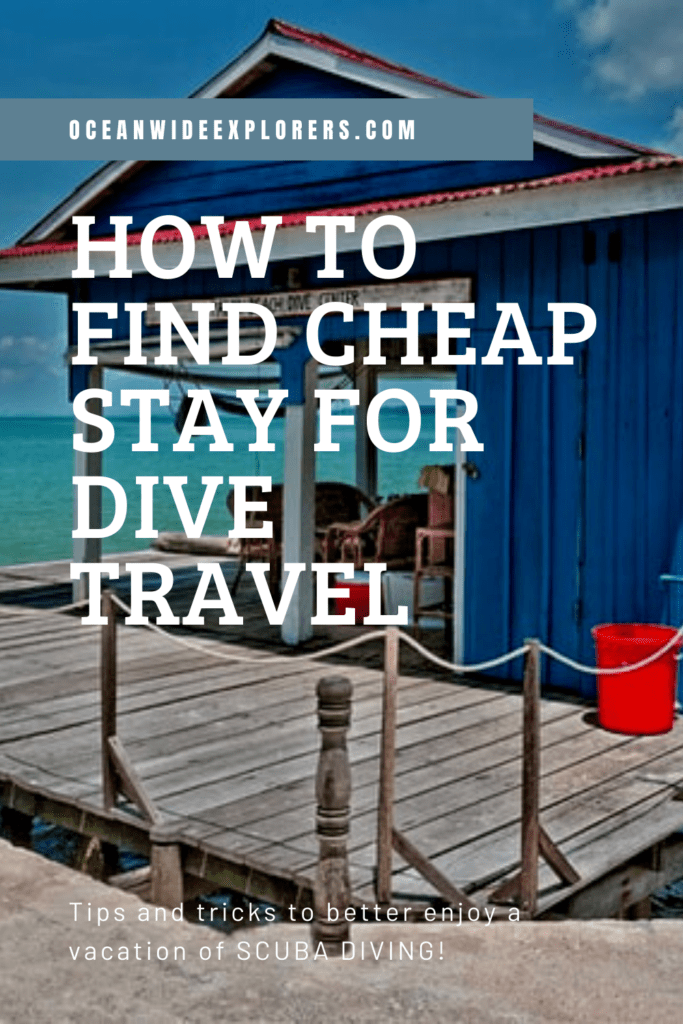
Read More Dive Travel Tips
We hope you enjoyed our post on how to find a cheap stay while dive traveling. Hopefully, you’ll find it useful on your next adventure! Here are a few more ocean-loving articles we think you should read next:
- How to Visit Lime Out VI in 2024 (Tips for Visiting the Floating Taco Stand on St. John)
- 13 Unforgettable Adventures to Experience in Puerto Rico
- Honeymoon Pt. 3: Exploring Domes and Steps Beach in Rincón
- 13 Tips for Hiking the Angelito Trail in El Yunque
- Honeymoon Pt. 1 – Exploring the Streets of Old San Juan
Have other tips on how to find cheap stay while traveling for diving? What method, or app, do you use? Let us know in a comment below!

